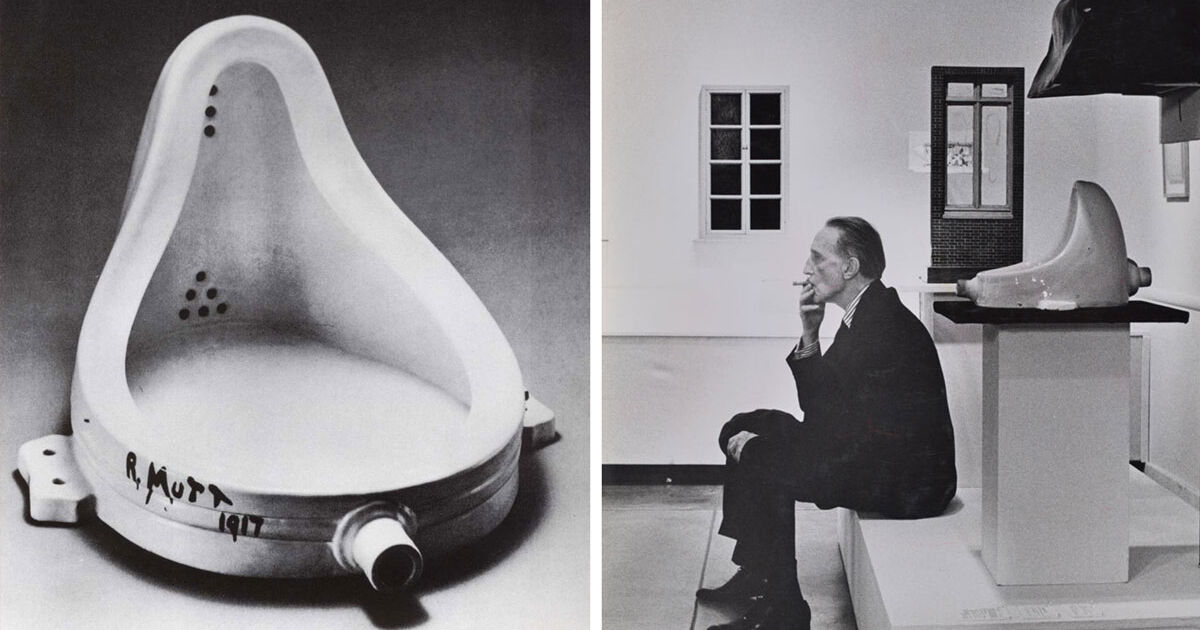pezazul
Índice Pezazul Blog
1. Sobre no ser lo que somos
2. En defensa de las imágenes pobres
3. El imaginario en analógico
4. Almas gemelas platónicas
5. Poema: Una canción por encargo
6. La única obra feminista
7. Muchachas
8. A Floating Island of Garbage
9.La presión por ser extranjero
10. El troco de Alex
11. Tarkovsky y la identidad cultural
12. El tiempo y la imagen
13. Las yo del pasado y del futuro
14. La momia y la falsa victoria contra el tiempo
15. Un fragmento de lo absoluto
16. Diario Roatan pt.1
17. Buceo recreativo
18. Los piratas del presente
19. Árboles frutales
20. Readymade
21. Collage
22. Poema reciclado
23. De lo profundo de mis archivos
24. Autorretrato de un potencial malgastado
25. Pezazul Blog Trailer
Autorretrato de un potencial malgastado
Creo que a este punto estoy siendo un poco repetitiva, pero también me encontré con este video que hice, me parece para una clase en la escuela de cine, cuando todavía me replanteaba si regresar a Honduras había sido buena idea. Creo que nunca lo sabré y quizás no tiene sentido seguir indagando al respecto.
De lo profundo de mis archivos
Buscando otra cosa, me entretuve exactamente 2 horas viendo fotos que me cuesta creer tienen casi 10 años y parecen de una vida pasada! Al igual que es importante estudiar a artistas de los que podemos tomar inspiración, creo que es importante explorar nuestro propio trabajo anterior, nuestra mirada anterior. Esta serie de fotos fueron tomadas cuando viví por 5 años en Austria. Mi temporada de expatriada, cuando me fascinaba la exhuberancia de los edificios antigüos,la ropa tan actualizada y refinada de la gente, el estilo de vida cosmopolita tan ajeno a mi, y por supuesto, la nieve. En lo personal fui muy feliz durante esa época, aprendí más de lo que he aprendido en cualquier otra temporada de mi vida. Me atrevo a decir que tuve menos problemas de adaptarme que el promedio y en muchas maneras sentí que estaba en mi elemento, aprendiendo sobre el mundo y sobre mi misma. No logro terminar de expliar porque, pero creo que dejé ese mundo en el momento indicado. Creo que si no hubiera tomado la decisión en ese momento de regresar a Honduras, todavía seguiría ahí, y ahora ya se me haría imposible regresarme. Sí voy a decir que me encantaría visitar de nuevo pronto, y después de escribir esto voy a correr a ver si en Amazon puedo comprarme un iphone 3.
Poema reciclado
Cuando me falta inspiración, me gusta hacer un ejercicio en el que revuelvo las palabras de algún texto. Puede ser un artículo de revista o periódico. Antes me gustaba recortar las palabras y pegarlas en un papel con pegamento. Hoy no tengo energía y tampoco pegamento para hacerlo, pero hice el ejercicio y me quedó esto:
Ni más que aleteo, fue viendo ella
Las sábanas que se perdieron, pasaban entre escarabajos altos.
Los aires de ella y en ella.
La naturaleza irreparable dejó el viento para siempre del aire .
La luz, ciega, le decía Remedios con la mano deslumbrante de la tarde bella.
Las cuatro dalias subían ya casi con la memoria para identificar con la única serenidad que tuvo .
No podían El aire de Úrsula y las sábanas de aquel adiós.
Terminaban donde los pájaros abandonaban a la merced
Alcanzarla con ella y a través de que.
Algunos ya sabrán que texto es, pero por cualquier cosa el original se puede leer aquí. Hice un poco de trampa porque el texto de por si ya es bastante poético, pero el ejercicio es muy eficáz para ejercitar los bloqueos creativos. Incluso puede resultar un poema de verdad. Si alguno no lo reconoce, este es el texto original:
Úrsula, ya casi ciega, fue la única que tuvo serenidad para identificar la naturaleza de aquel viento irreparable, y dejó las sábanas a merced de la luz, viendo a Remedios, la bella, que le decía adiós con la mano, entre el deslumbrante aleteo de las sábanas que subían con ella, que abandonaban con ella el aire de los escarabajos y las dalias, y pasaban conella a través del aire donde terminaban las cuatro de la tarde, y se perdieron con ella para siempre en los altos aires donde no podían alcanzarla ni los más altos pájaros de la memoria.
Collage
En la publicación hablé sobre los readymades de Marcel Duchamp. Por aquello de que no soy muy habilidosa creando con mis manos, me puse a experimentar combinando impresiones que saqué de revistas, periódicos y cosas que escribí que al final no me gustaron. Los puristas dirán que es una especie de plagio, pero al combinar estas imágenes y textos, está todo tan fuera de contexto que pienso que dicen algo completamente distingo. En fin, me puse a experimentar con los colage.
Readymade
No exagero cuando digo que descubrir a Marcel Duchamp me cambió la vida. Nunca fui buena para hacer arte con mis manos, ni tengo destrezas en la danza u otras artes que impliquen el uso del cuerpo, pero siempre sentí que el arte era algo más que eso. Muchas veces veo pinturas, incluso fotografías y películas que en cuanto a técnica están muy bien ejecutadas, pero no me dicen nada. La idea de Marcel Duchamp, para quien no lo conozca, es plantearnos la pregunta sobre que es el arte. Su obra más famosa es "Fuente" que consiste de un urinario. Se supone que ni siquiera la hizo, sino que él solo fue a comprarlo a una ferretería, lo firmó (de paso con nombre falso) y lo expuso en un museo.
Duchamp llamó esta obra y otras similares que hizo a través de su carrera "readymades", que significa algo como "listo para hacer", porque su arte no consiste en fabricar arte con habilidad, sino en aprender a ver lo que ya existe bajo una nueva luz. Para mi fue un gran alivio pensar que no tenía que tener un talento específico para poder ser artista, y que el arte podía significar ver las cosas de manera diferente. Duchamp habla sobre como sacar al urinario de su contexto y ponerlo en un museo permite que el espectador lo aprecie por su forma, su color y sus cualidades fuera de su uso común. He estado intentando poner en práctica justamente eso y me he encontrado con cosas a mi alrededor que parecen querer ser arte. Aquí expongo algunas de ellas.
Suscribirse a:
Entradas (Atom)






























